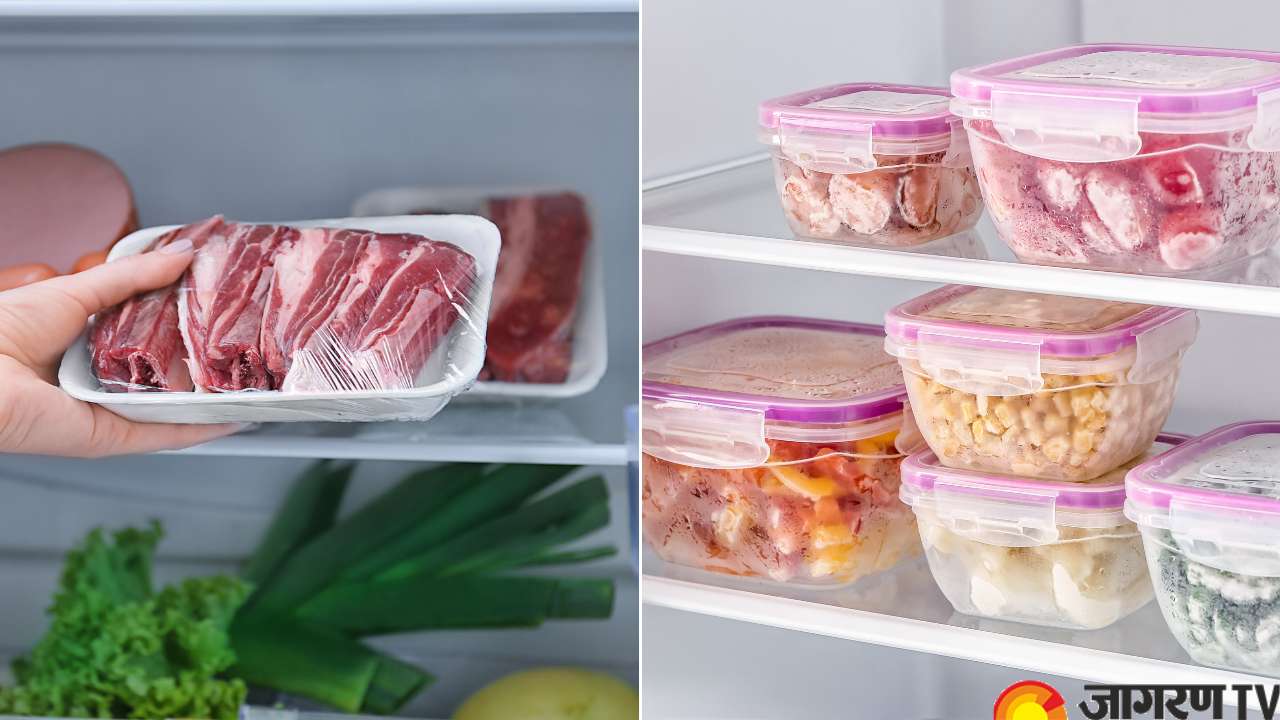Consuming Overnight Meals: Is eating leftover food dangerous? Know What to Eat and What to Avoid

After a long day, we have all made the mistake of forgetting to store the leftovers. The next morning, we wonder if the food is still safe to consume. Does food that has been out overnight qualified for consumption? The response is more complicated than a straightforward “yes” or “no.” The kind of food and the circumstances under which it was put out are only a couple of the variables that affect this. Maintaining good health and preventing foodborne infections need the highest attention to food safety. Whether food that has been left out overnight may be consumed safely is a frequent topic. Let’s explore the subject and discover the possible dangers of consuming food that has been out of the fridge for a protracted amount of time.
Can We Eat Overnight Food?
Experts on food safety advise adhering to the 2-hour guideline. Dangerous bacteria can quickly proliferate when perishable goods are kept in the temperature danger zone (between 40°F and 140°F or 4°C and 60°C) for longer than two hours, raising the risk of food poisoning. The safety of ingesting food left out overnight depends on a number of factors, including the kind of food, ambient temperature, and the amount of time it remained unrefrigerated. Dairy products, meat, poultry, eggs, and cooked cereals are examples of perishable foods that should be handled carefully since they are especially sensitive to bacterial development.
Health Risks of Eating Overnight Foods
Foodborne infections brought on by germs like Salmonella, E. coli, or Staphylococcus aureus can be contracted by eating food that has been left out overnight. Nausea, vomiting, diarrhoea, cramping in the abdomen, and in extreme cases, organ damage and dehydration, may all be symptoms.
Foods That Can Be Eaten
Whole Fruits
The majority of entire fruits, including apples, oranges, and bananas, are safe to eat even after being left out overnight. Their inherent acidity and low moisture content provide a hostile environment for the development of microorganisms.
Bread and Baked Goods
When left out overnight, bread, rolls, and pastries may normally be consumed. It's advisable to throw them away if they exhibit mould growth or an unpleasant odour, though.
Peanut Butter
Generally speaking, peanut butter is safe to eat if kept out of the refrigerator because of its high oil content and low water activity.
Unopened Canned Goods
Beans, vegetables, and soups in unopened cans are often acceptable to eat as long as the can is complete and unbroken.
Condiments
Many condiments, including ketchup, mustard, and spicy sauce, are safe to eat at room temperature and can stay out overnight.
Overnight Foods To Avoid
Perishable Dairy Products
If left out overnight, milk, yoghurt, cream, and cheese shouldn't be ingested. These foods can result in foodborne diseases and are prone to bacterial development.
Meat, Poultry, and Seafood
If left out at room temperature for longer than two hours, meat, poultry, and seafood, whether raw or cooked, should be thrown out. These meals are high in protein, which increases the risk of food poisoning since bacteria grow quickly in them.
Cooked Grains and Pasta
Rice, pasta, and other grains that have been cooked should be quickly refrigerated. They turn into a breeding environment for dangerous germs like Bacillus cereus when left outside over night.
Cut Fruits and Vegetables
Fruits and vegetables are prone to infection once they have been chopped because the protective layers have been damaged. Cut vegetables left out overnight should be thrown away.
Sauces and Dips
If a homemade or dairy-based sauce or dip has been left out for more than two hours, it should be thrown away. Examples include mayonnaise, cream-based dressings, and dips.
It is best to adhere to some rules in order to guarantee food safety. Food that has to be kept fresh should be refrigerated right away. Food that hasn’t been chilled for more than two hours should be thrown out. If in doubt, apply the “sniff and taste” test. When in doubt, it is best to stay careful and steer clear of possibly dangerous food.
Even while certain items can be eaten without risk after being left out overnight, it’s important to use caution and good judgement. Never leave perishable goods at room temperature for more than two hours—remember the two-hour rule. When in doubt, it’s best to be cautious and toss any food that can be harmful to your health. Always store perishable foods correctly and adhere to suggested storage rules to guarantee food safety.
Related videos
-
NDMC Implements New Rules For Restaurants In New Delhi’s Khan Market ...
-
Hariyali Teej 2025 : हरियाली तीज पर बनाएं ये पारंपरिक स्वादिष्ट भोजन, देखें ...
-
Diabetes Diet: The Rice Factor of Diabetes, What Type of Rice Alternatives are Good For ...
-
Weight Loss Tips: Roti or Rice, Which is Better For Digestion and Fat Control? Know ...









